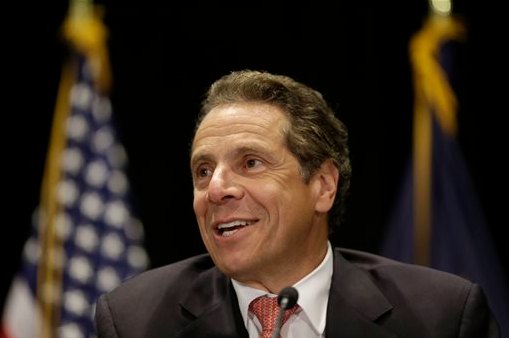OPINION: Beyond our fracking ban

On June 29, the Cuomo administration officially put in place the ban on fracking in New York announced last December. It was a remarkable show of leadership by Gov. Cuomo in standing up to the oil and gas industries to protect our families, communities and environment. And it reflected the growing body of science showing fracking’s threats to our health and safety, from causing earthquakes to contaminating groundwater.
It was a move of significant meaning for those Brooklyn neighborhoods hard-hit by Superstorm Sandy, many still struggling to recover. The fracking process releases massive amounts of methane, a potent greenhouse gas, and burning natural gas produces carbon dioxide. Cuomo’s ban on fracking will help ease global warming and the prospect of further tragic climate catastrophes.
Most fundamentally, Cuomo’s ban on fracking was an important step towards eliminating our reliance on dirty fossil fuels and making a transition to clean renewable energy, like wind and solar power. It established a standard for bold leadership that President Obama and other governors and elected officials must follow. And it set New York on a path that Cuomo must continue to lead us down.

Brooklyn Boro
View MoreNew York City’s most populous borough, Brooklyn, is home to nearly 2.6 million residents. If Brooklyn were an independent city it would be the fourth largest city in the United States. While Brooklyn has become the epitome of ‘cool and hip’ in recent years, for those that were born here, raised families here and improved communities over the years, Brooklyn has never been ‘uncool’.